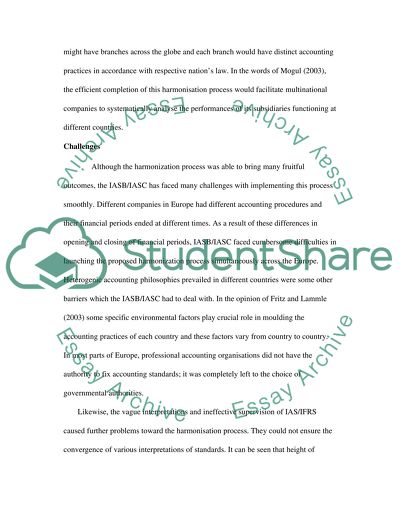Cite this document
(“International Accounting Essay Example | Topics and Well Written Essays - 1500 words - 1”, n.d.)
Retrieved from https://studentshare.org/environmental-studies/1409054-international-accounting
Retrieved from https://studentshare.org/environmental-studies/1409054-international-accounting
(International Accounting Essay Example | Topics and Well Written Essays - 1500 Words - 1)
https://studentshare.org/environmental-studies/1409054-international-accounting.
https://studentshare.org/environmental-studies/1409054-international-accounting.
“International Accounting Essay Example | Topics and Well Written Essays - 1500 Words - 1”, n.d. https://studentshare.org/environmental-studies/1409054-international-accounting.


